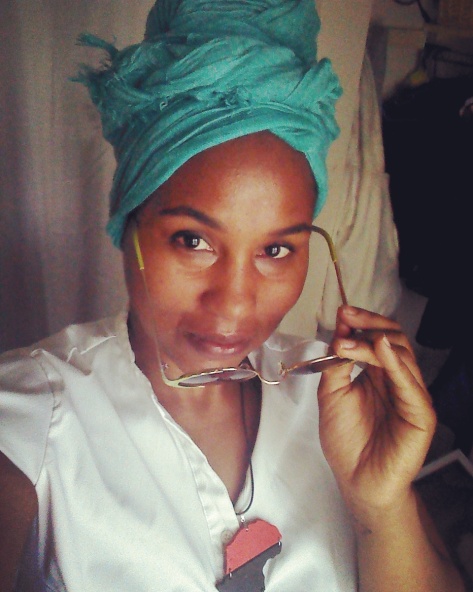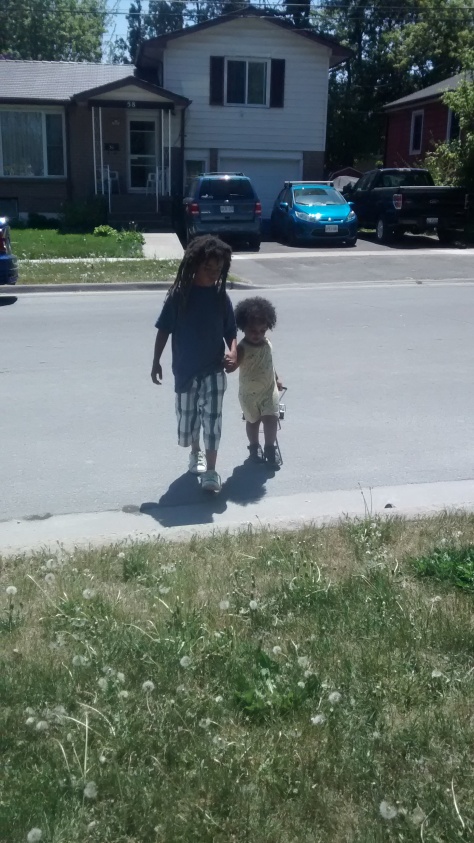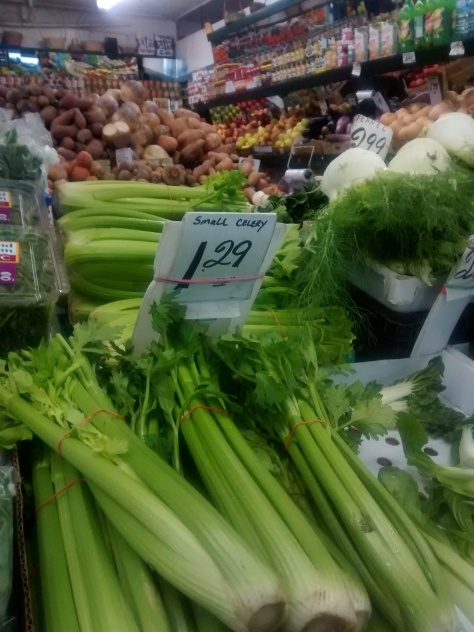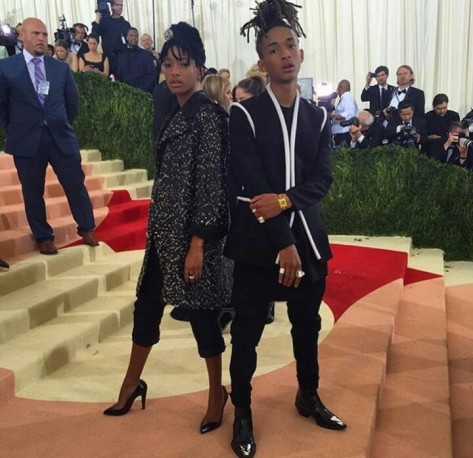Yesterday we celebrated African Liberation Day by making it the day we started Mothusi’s locs. His locs mean many things, they are about liberation. It is about resisting White, capitalistic patriarchal domination and upholding a love and self-acceptance of the African identity. An identity we are currently working on, both of us. We are surrounded by the dominant culture and see what we don’t want to become. So creating what we do want to become is a conscious effort. I am not forcing anything on my son. Self-realization and consciousness-raising comes when the time is right. It doesn’t matter if he has locs and an African name or a Black Lives Matter T-shirt, it is about what is going on within. Once again, it is that internal dialogue and self-direction.
We become what we want to be, by consistently being what we want to become each day – Richard G. Scott
Internal confidence is the root of changing our self-perception. It does not matter what the dominant culture thinks or how they perceive you. As a liberated, conscious Afrikan you must not be externally directed; and instead, you must be guided by your intuition, your morals and your values. It is not easy when the dominant culture ridicules, abhors and demonizes anything that is Black in order to create a blind reliance and allegiance to what they decide is socially acceptable. This was never meant to include our African history and culture, our unique hair and beautiful melanin-rich skin or include us, as a people, whole. Therefore, we must look to internal clues to guide us away from what represses us, from what tries to obscure the visualization and creation of the liberated Black self, and we must realize this identity.
When I step outside with my hair wrapped in a crown, I am met with darkened scowls and hostility. If my hair is in a bun or a neat ponytail, I am subjected to conditional love and acceptance, on their terms. No, thank you. I will continue to resist and continue to find the true identity of the liberated Afrikan woman. It may make you uncomfortable, but, that is your problem, not mine. JAH blessings.



